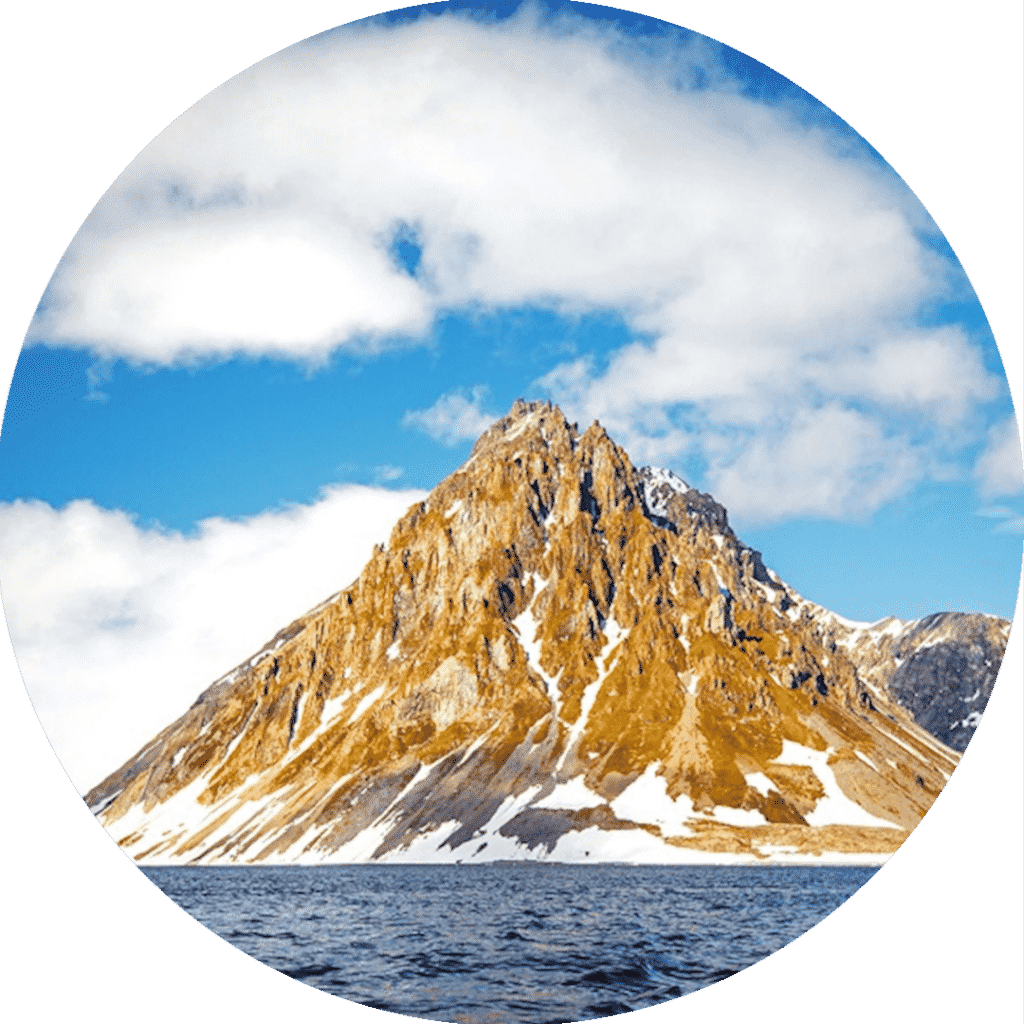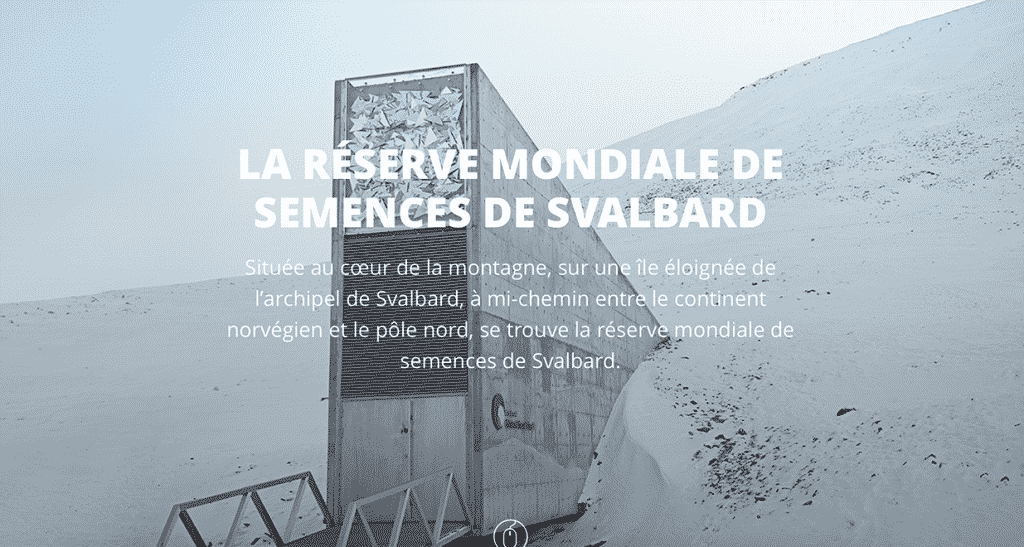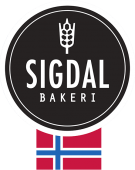
Noah's Ark of Seeds is in Norway
Svalbard global frøhvelv is an underground vault located on the island of Spitsbergen, built to withstand an earthquake, a plane crash or even a nuclear attack. Inside, a 100-meter long corridor runs down into the mountain and leads to 3 cold rooms: this is where seeds from all over the world are stored at an ideal temperature of -18°.

Intended to conserve all the world's food crops in order to preserve their genetic diversity, the warehouse is the property of Norway, but the seeds belong to the depositary States and institutions, which can retrieve them at their convenience. It can hold approximately 4.5 million seeds.
In 12 years, this vegetable Noah's Ark has stored 1,059,646 varieties of crops that are kept in boxes on shelves.
Among them: sacred corn of the Cherokee Indians but also basic crops such as rice or wheat and seeds of more classic plants such as primroses or orchids harvested by Prince Charles himself in the vicinity of his country house. In total, just over 1 million varieties are carefully preserved.

This seed collection is a safety net for the world's 1,700 gene banks against risks related to natural disasters, war, climate change, or disease.
It is therefore not enough to repeat that Sigdal seed cakes are additive-free, preservative-free, free of colouring, artificial flavouring or texturing agents and based on quality ingredients. It should also be added that they are produced in the most competent country in the world in this field.

